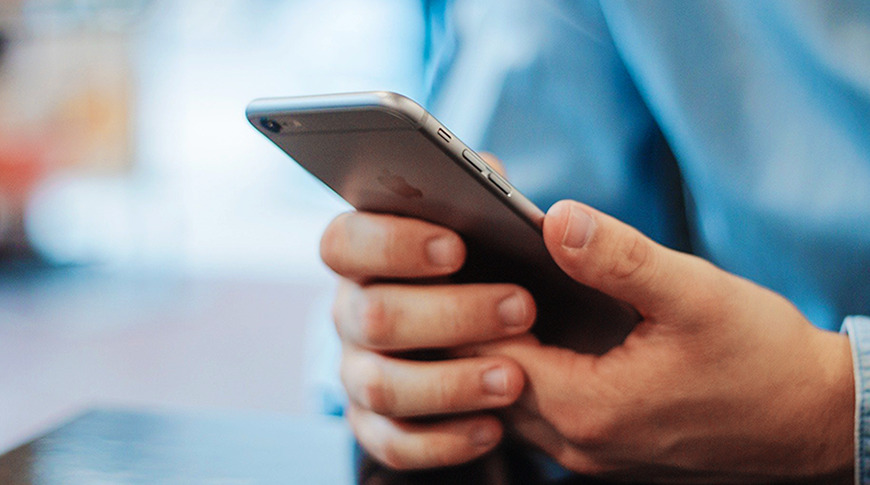Apple and Google's Exposure Notification API exits beta, released to health agencies
Last updated
Apple and Google's Exposure Notification API has exited beta, with the full first version of the software now available to health agencies and other governmental officials.
Company representatives today announced that the Apple and Google COVID-19 contact tracing API will now feature support for exposure notifications. These updates allow public health agencies (PHA) apps to alert users of potential exposure risks. The API released today was made possible by an Apple-Google partnership, as well as feedback from PHAs, academics, government officials, non-governmental organizations, and privacy experts worldwide.
The Exposure Notification API began beta testing on April 29, delivering pre-release versions of code to developers inside public health authorities globally.
Technology can help health officials rapidly tell someone they may have been exposed to COVID-19. Today the Exposure Notification API we created with @Google is available to help public health agencies make their COVID-19 apps effective while protecting user privacy.
— Tim Cook (@tim_cook) May 20, 2020
Starting on May 20, 22 countries and several U.S. states have been granted access to the API, and more are expected to join in the coming weeks. Organizations such as the CDC, the Association of Public Health Laboratories, and many others have been on board to help app developers and state public health officials develop contract tracing apps.
"Starting today, our Exposure Notifications technology is available to public health agencies on both iOS and Android. What we've built is not an app — rather public health agencies will incorporate the API into their own apps that people install. Our technology is designed to make these apps work better," Apple and Google said. "Each user gets to decide whether or not to opt-in to Exposure Notifications; the system does not collect or use location from the device; and if a person is diagnosed with COVID-19, it is up to them whether or not to report that in the public health app. User adoption is key to success and we believe that these strong privacy protections are also the best way to encourage use of these apps. "
Apple and Google are working to address the challenges associated with designing such apps, including interoperability, battery life, and privacy. The API uses Bluetooth to circumvent these challenges and could be used as essential pieces of comprehensive programs designed to trace and reduce COVID-19 exposure effectively.
Company representatives point out that the new exposure notifications are a supplement to traditional contract tracing— the feature is seen as a tool, and not a silver bullet. Many U.S. health organizations and Health Experts still see the API as invaluable.
"Exposure notification and contact tracing is a critical part of public health's response to managing the spread of this pandemic," said Scott J. Becker, MS, Chief Executive Officer, Association of Public Health Laboratories. "The technology from Google and Apple will enable exposure notification at scale, and allow public health authorities to advise those potentially exposed to COVID-19 to take important public health interventions, for their own health and that of their communities."
The API will allow PHAs to define what constitutes exposure to COVID-19 and determine how many individual exposure events an individual has had. It will also enable PHAs to factor in the transmission risk of positive cases. A combination of API and voluntary user-submitted data will also enable PHAs to contact exposed users.
Apple and Google said that their goal was to best meet PHAs' need for technological support while respecting user privacy, consent and control. They also recognize that user trust will be critically important to the app's success and that privacy experts are crucial collaborators.
 Amber Neely
Amber Neely















 Thomas Sibilly
Thomas Sibilly
 AppleInsider Staff
AppleInsider Staff
 William Gallagher
William Gallagher
 Malcolm Owen
Malcolm Owen
 Christine McKee
Christine McKee










3 Comments
Is anyone actually using it yet?
IMO if the uptake is so low that it serves no purpose look for Apple and Google to create their own tracing app and roll it out to every iOS and Android device, opt in of course. I certainly would assume the apps are already under development if not complete, just awaiting go.
As another publication has opined it's probably something they should have done to begin with. Governments with political factions move far too slowly, and "police state" tracing would not be accepted by Westerners accustomed to more open freedom of choice.
"The one used in South Korea, for example, collects surname, sex, year of birth, residential district, profession, travel history, and more. China’s app is linked to a unique government ID, identifying specific individuals"